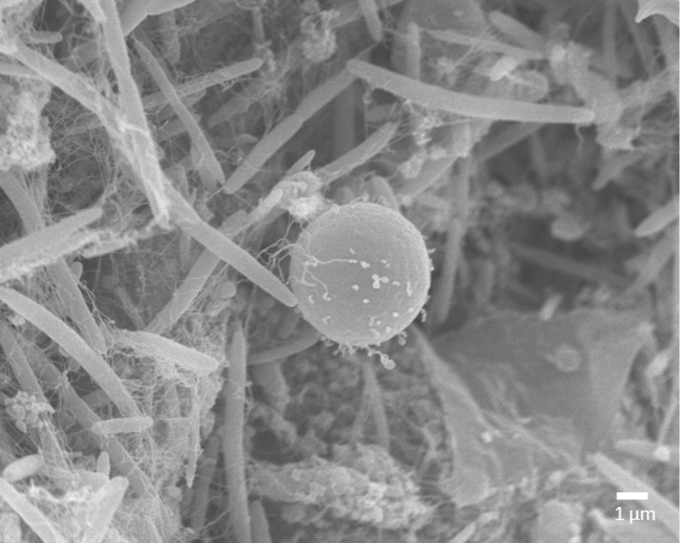A parasite is an organism that sets up residence on or in another organism, from which it draws some or all its sustenance. Higher levels of certain types of parasites in the human gastrointestinal (GI) tract can result in an unhealthy gut. Scientists from the National University of Singapore’s School of Medicine, however, report that a common parasite in the GI tract, is associated with benefits for gut health.
The human GI system is a microbiome of thousands of bacteria and parasite species, which affect its health and susceptibility to diseases. While some microorganisms are harmful, many are beneficial.
Excessive numbers of certain types of bacteria, or parasites, can cause conditions like inflammation disorders, irritable bowel syndrome, stomach cramps, bloating, diarrhea, and constipation.
Led by research fellows Drs. Deng Lei, Png Chin Wen, and Lukasz Wojciech, the study shows that Blastocystis subtype (ST) 4 suppresses inflammation in the gut, similar to probiotics that keep the gut healthy. The parasite stabilized the microbiome in the gut of laboratory models, accelerating recovery from inflammation.
“When one thinks of parasites, we do not normally associate them as beneficial organisms,” explains Lei. “However, the study proved that Blastocystis ST4 is not a pathogen, but could in fact promote better health of the gut.”
The ability of Blastocystis ST4 in restructuring the state of the gut into a healthy composition of microorganisms could be a result of its ability to increase the types of bacteria that produce beneficial molecules, as well as increase immune cells that dampen inflammation. The findings of the study suggest that the detection of the parasite may in fact be linked to the presence of a healthy gut, and the microorganism could potentially be translated into probiotics to treat inflammation in patients.
“Our data indicates that Blastocystis ST4 behaves like an ‘ecosystem engineer’ that helps keep the bacterial environment of the gut diverse and versatile, to better combat potential diseases that may arise,” adds co-investigator Wen.
“The common view of bacteria is that they are either good or bad. However, interactions between bacteria and the human body evolve over time, and the key is finding a balance that can cultivate a healthy environment for the gut,” explained Wojciech, co-author of the study.
While Blastocystis ST4 is shown to have beneficial properties, not all the subtypes of Blastocystis have the same effects, the researchers added. As found in an earlier study, a team from NUS Medicine proved that another subtype could be harmful to the gut. Further studies are needed to investigate the behavior of the parasite’s various subtypes.
The study is published the journal Cellular and Molecular Life Sciences.
